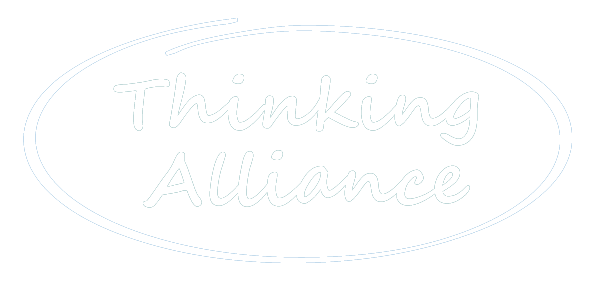12 Feb Beware the Authenticity Trap!
The audience are coming into the conference room in a City office, greeting each other and catching up as they take their seats. I’m standing at the front of the room, watching them settle while I run through my opening remarks in my head.
Do I feel authentic? I’m about to speak to a professional services company about the importance of client relationships – but I have an introvert preference, I’m not from that sector, and I’m not a customer service expert. It could be one of the most inauthentic moments of my career.
But thankfully it doesn’t feel that way. I’ve done enough public speaking in my life to know how to engage an audience and convey information clearly. I’ve been invited because the audience want some fresh thinking from beyond their sector. And finding ways to make relationships work is the bedrock of the coaching and training I do daily.
It could have been different, had I fallen into the authenticity trap. That happens when you become defined – trapped – by a narrow understanding of what it means for you to be authentic. When you don’t do things because they “aren’t me” or “don’t feel right”.
Think about the first time you did something – perhaps the first time you presented a paper at a meeting. It probably didn’t feel authentic because it was a new experience. You did it because you had to, and some of it probably went well and some things could have been better. Maybe you were nervous and fluffed it a bit but you got through. However, since then, you’ve probably done it a good few times, developing an approach which feels right for you and learning how to handle your nerves.
My point is that authenticity comes with experience and develops from it. If you never try things that feel uncomfortable, you’ll never work out your unique and authentic approach to handling those situations. You’ll never get to a place where it feels right for you, even if it’s simply finding an authentic way to handle uncertainty. Even worse, the longer you avoid what feels uncomfortable, the less practice you’ll have had when circumstances conspire to force you into that space anyway.
Professor Herminia Ibarra talks about the importance of action in her recent book “Act like a Leader, Think like a Leader”. She encourages us to be more playful, trying out different approaches to new situations and experimenting with different methods until we find the ones that feel right for us.
Authenticity offers a flexible framework and perhaps some guiding principles – but it should not constrain what you choose to do or narrowly define how you will do it. I know that trial and error, reflection and determination have developed an authentic me which is far broader and richer than the one that might have stuck forever in her comfort zone.
(This post was originally written for Voice At The Table, for whom I work as an Associate, and published on LinkedIn in January 2016.)

